Category: articles
-
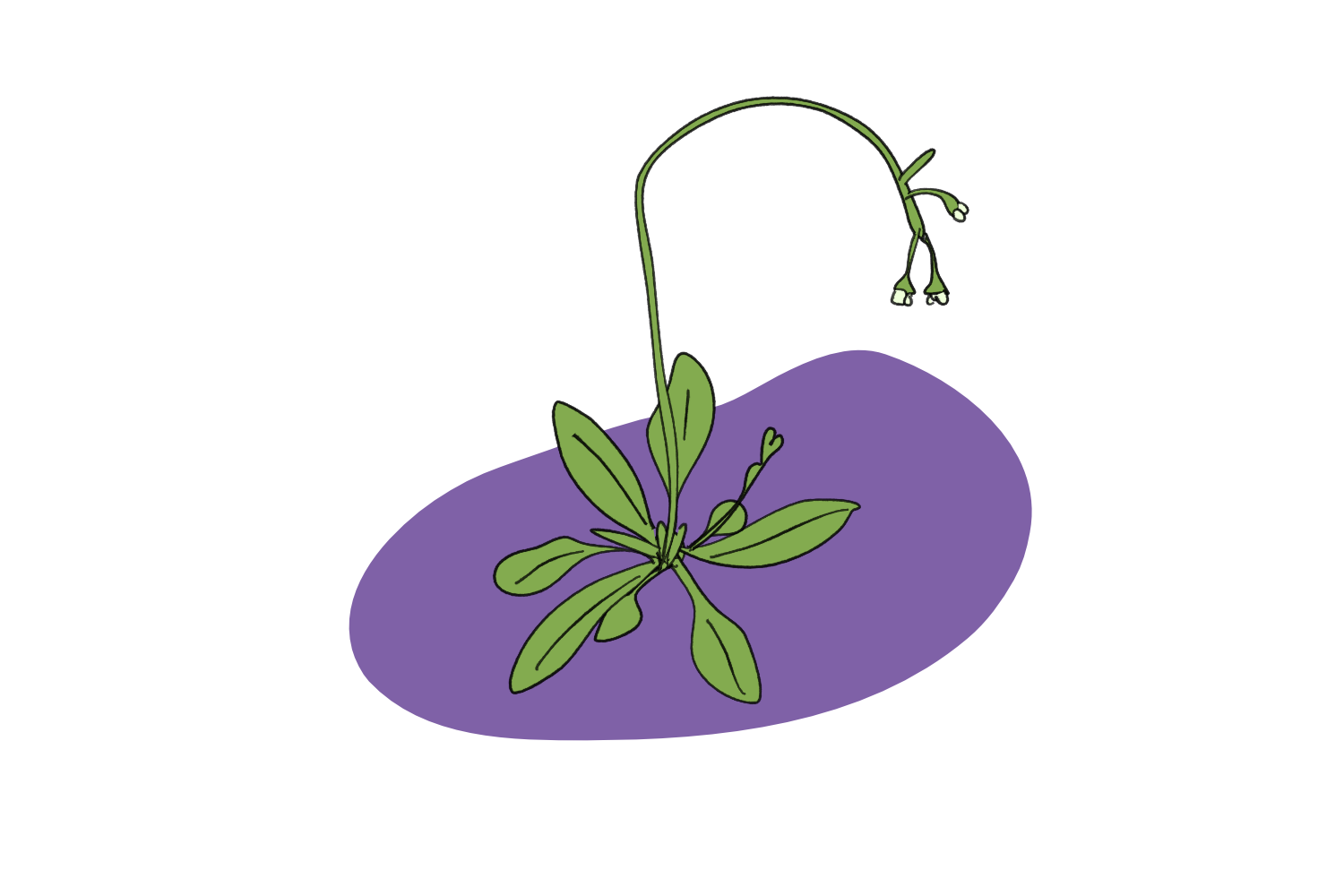
Plant Scientists Stress Plants Out
You already know that plant scientists like to do some pretty cruel things to plants. We cut out bits out of their genes, steal their metabolites to try to fix our problems, lock their cells into tiny droplets of oil… the list goes on.
But now, new research suggests that plant scientists cause plants a whole lot of stress, just by growing them.… Read more
-
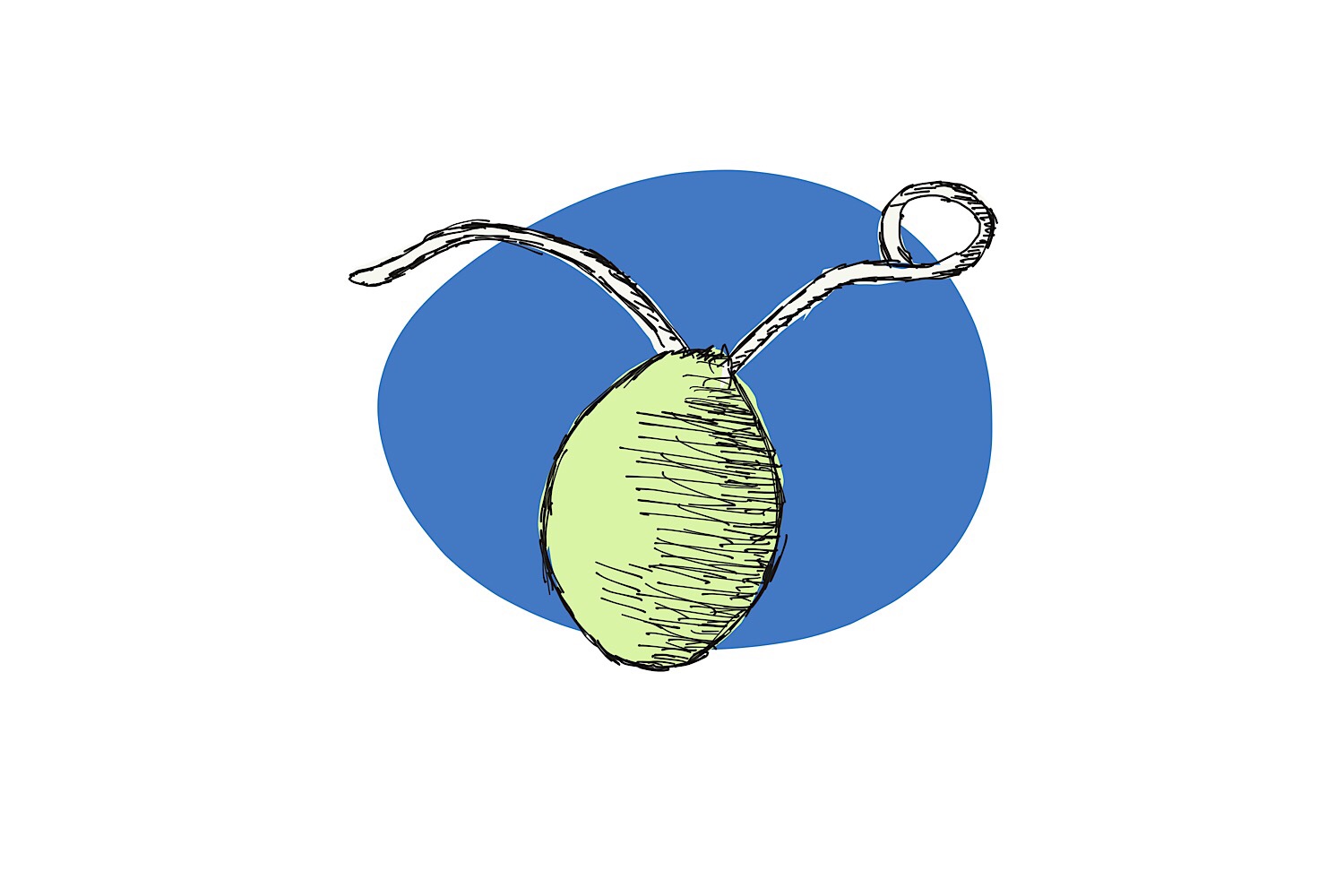
Lab rats III: green, single and ready to photosynthesize
Sometimes all you want for your research is a couple million of your favourite lab rat. No space in the green house? Try a beaker! Chlamydomonas reinhardtii is your guy – in fact, with Chlamy, you’ve got several million guys per millilitre.… Read more
-
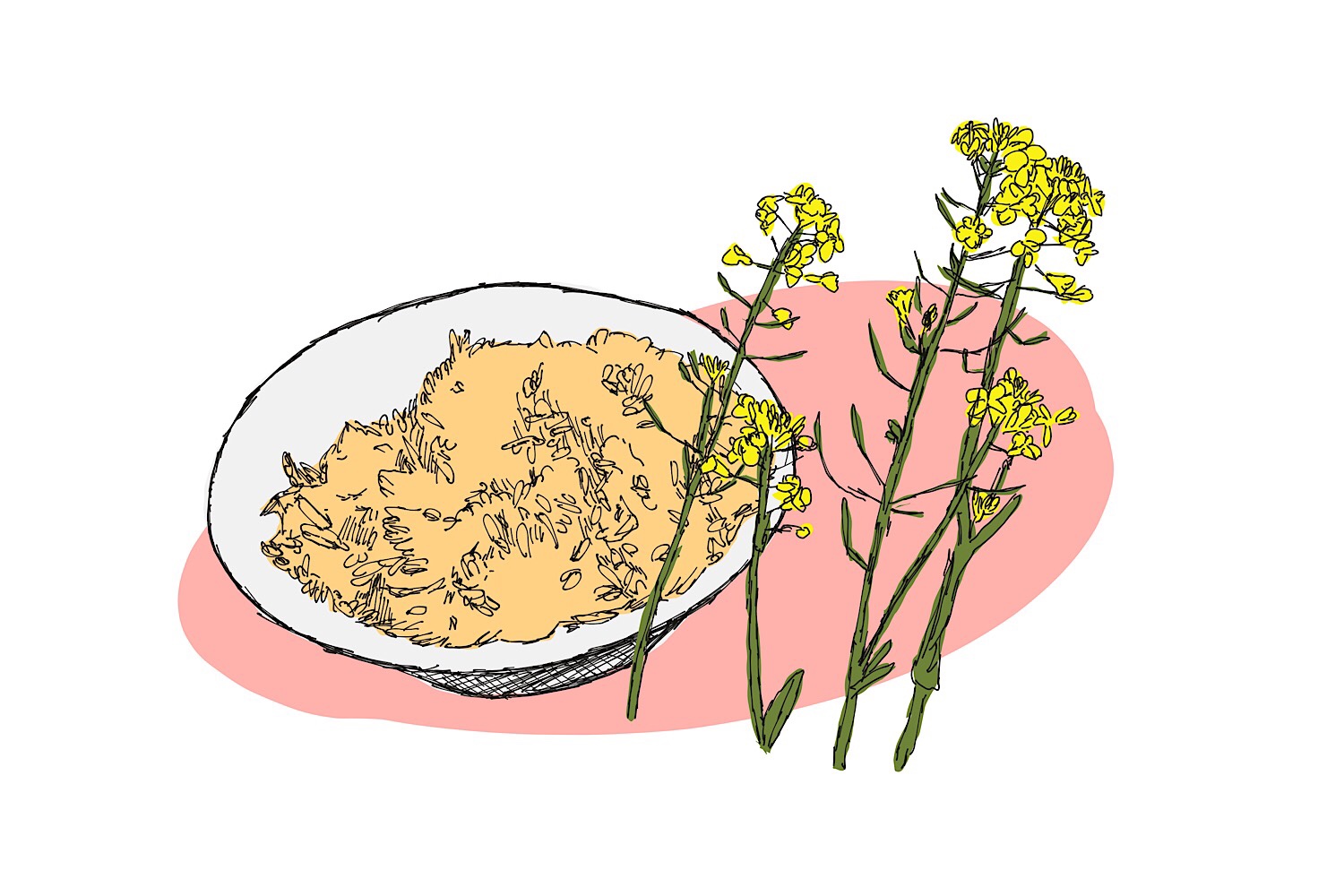
Where are our GM superfoods?
With the idea of genetically modified (GM) crops, we the public were promised amazing new products. Healthier, tastier and better plant based foods to fill our plates. But now, it’s been over 30 years since people first proposed to use genetic engineering in plant breeding, and our plates mostly contain the same plant products as before.
What happened?… Read more
-
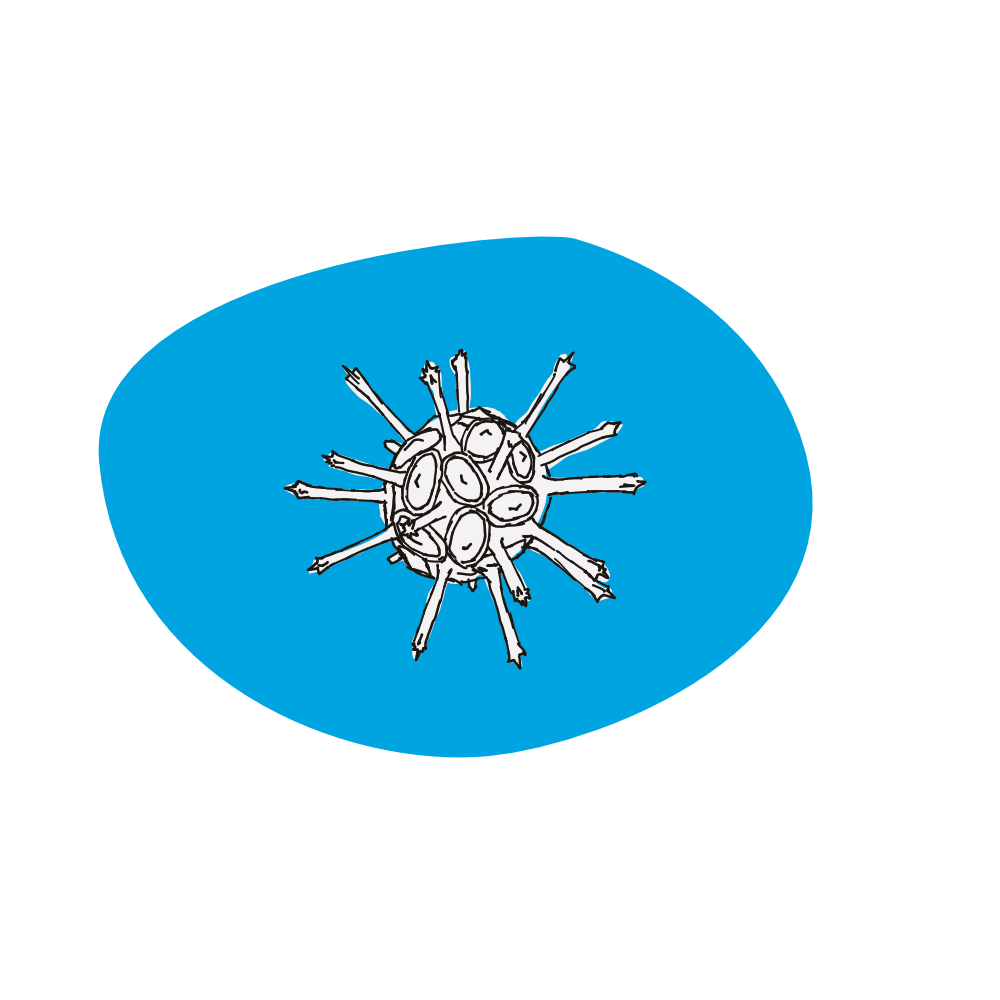
Coccolitho-four facts
Ok, ok. So this blog is supposed to be about plants, and the amazing things that they do. But what we’re talking about today isn’t actually a plant. Instead, it’s a bunch of unicellular algae known as coccolithophores. Here are our four favourite facts about these fascinating not-quite-plants.… Read more
-
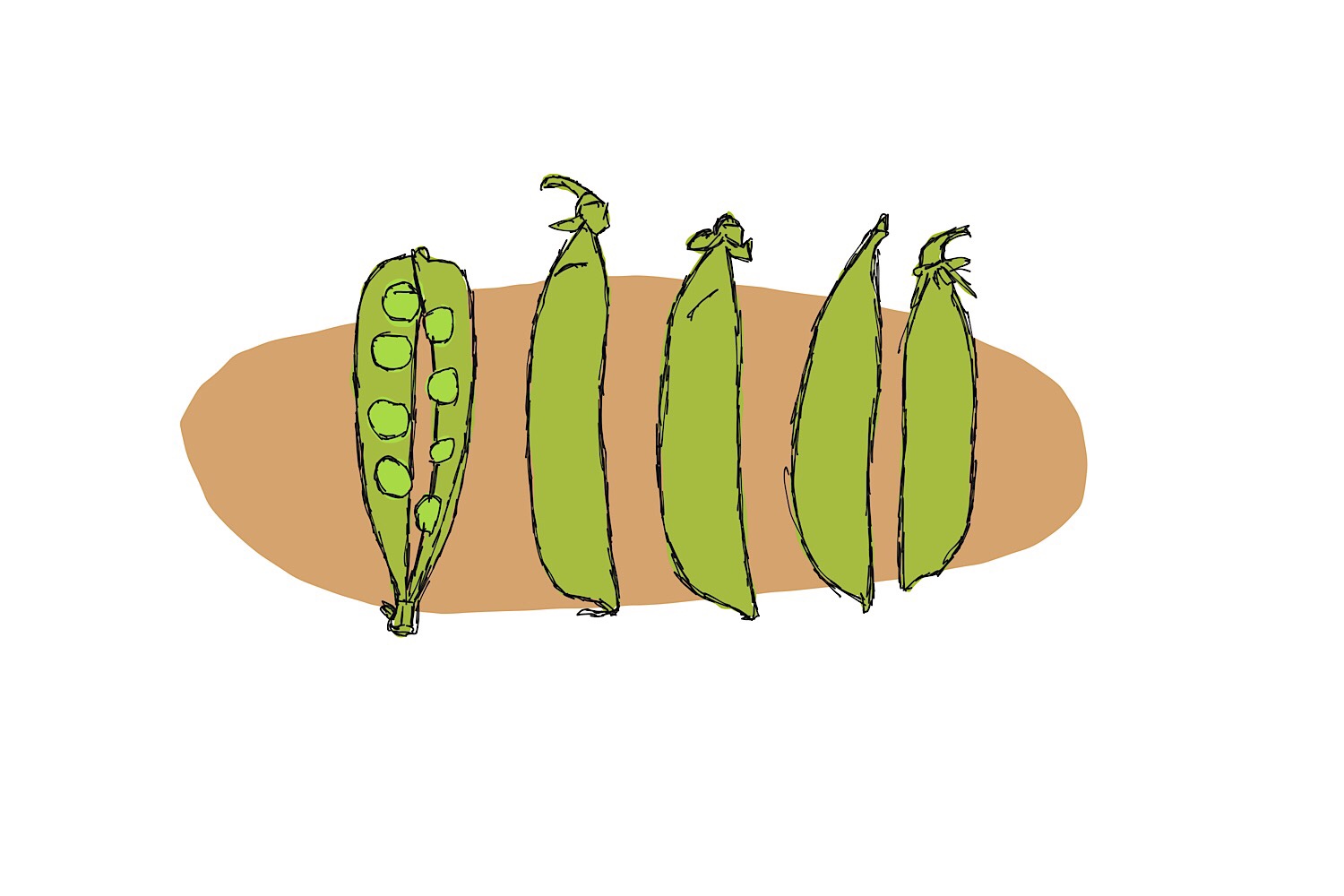
Give peas a chance
When the sun comes out, Germans and Australians have something in common: we light a fire and start cooking food outdoors. The usual barbecued suspects are sausages of questionable origin, something sitting in a red marinade, and charred but somehow-still-raw chicken breast. While this does sound mouthwatering, a new trend might bring a fresh player to the barbecues and kitchens around the world – plant based protein products.
Let’s have a look at what makes plant protein special.… Read more
-
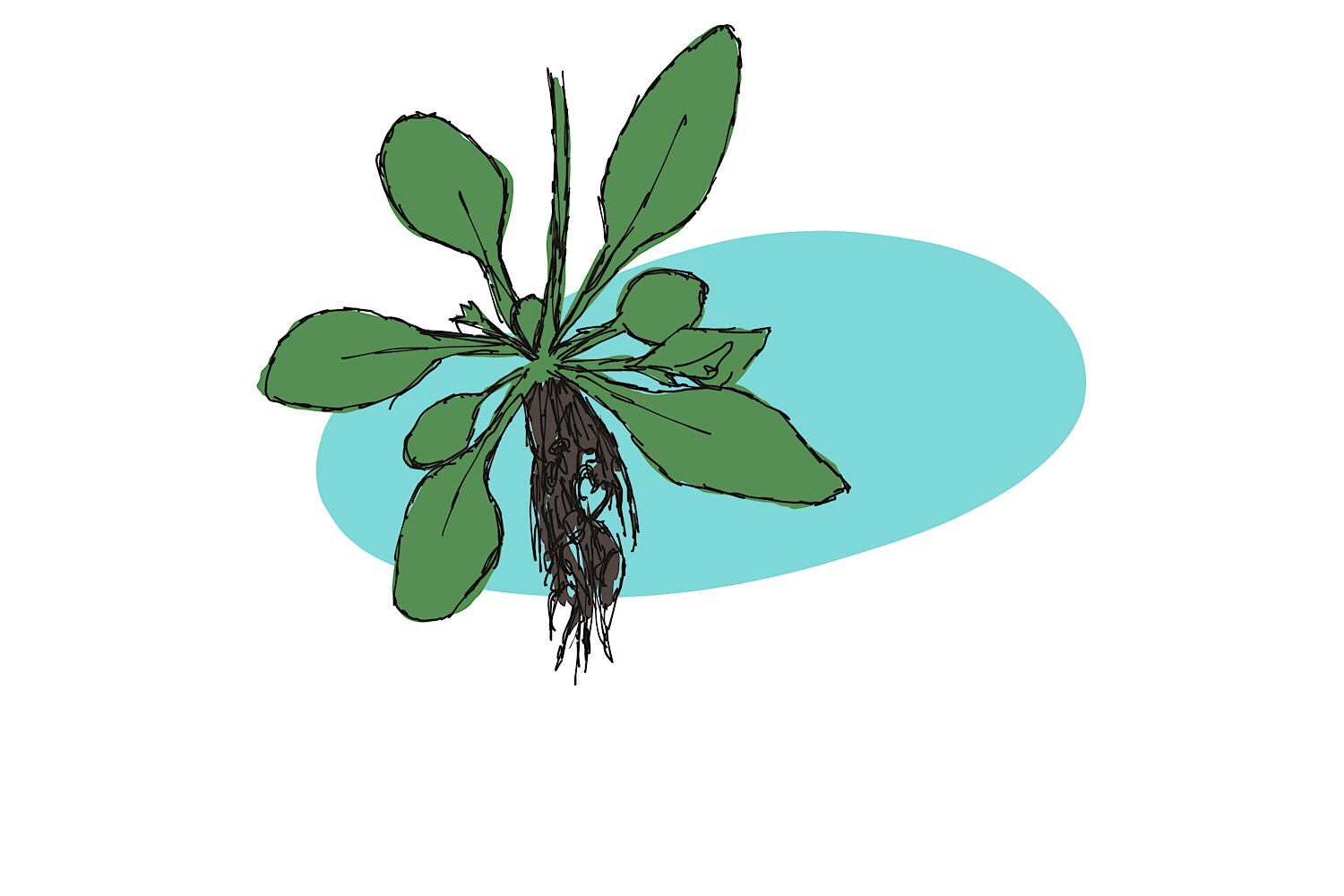
Single cell technology hits plant roots!
Often, when trying to find out what’s going on within our favourite green friends, we scientists simply grab a plants, grind it up, and perform a range of molecular or biochemical tests. But if we’re completely honest with ourselves, we’ll acknowledge that not all plant parts are created equal. … Read more
-

Choice of the bees: pollinator pressure and flower colour
The other day, my friend and I were musing over the fact that many flowering plants require a third party pollinator in order to complete the fairly simple act of reproducing. And that while this sexual ‘three-or-moresome’ has some pretty great advantages, it also forces plants to spend a fair amount of energy just in attracting the middle men.… Read more
-
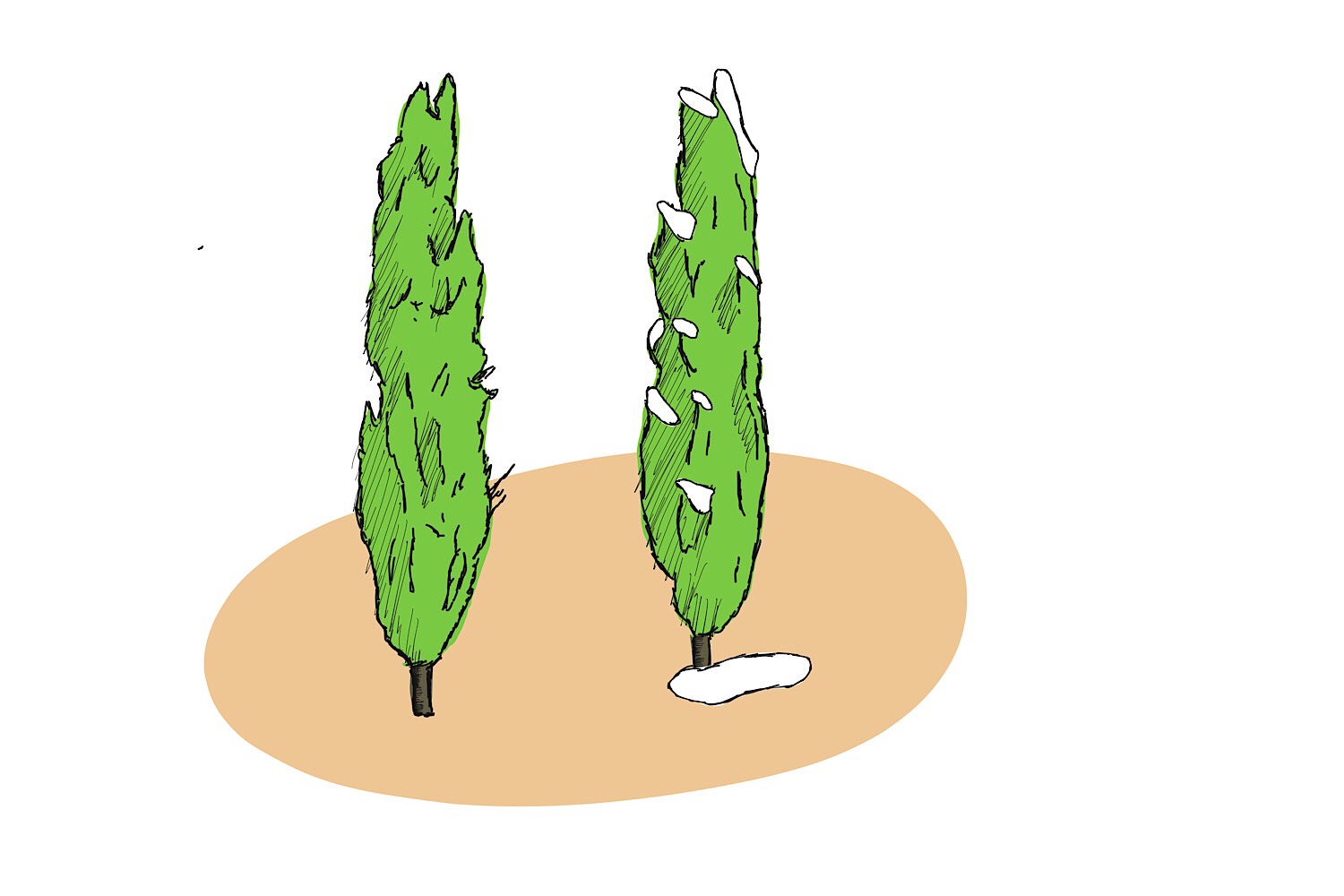
Knowing when it’s wintertime.
Winter time can be hard for plants, and many species that live in particularly cold climates do their best to ‘opt out’. When autumn comes, leaf shedding deciduous species effectively shut it all down. They reabsorb as many nutrients as they can from their leaves, throw the remaining orange-red husks to the ground, and hunker down for the cold times.… Read more
-
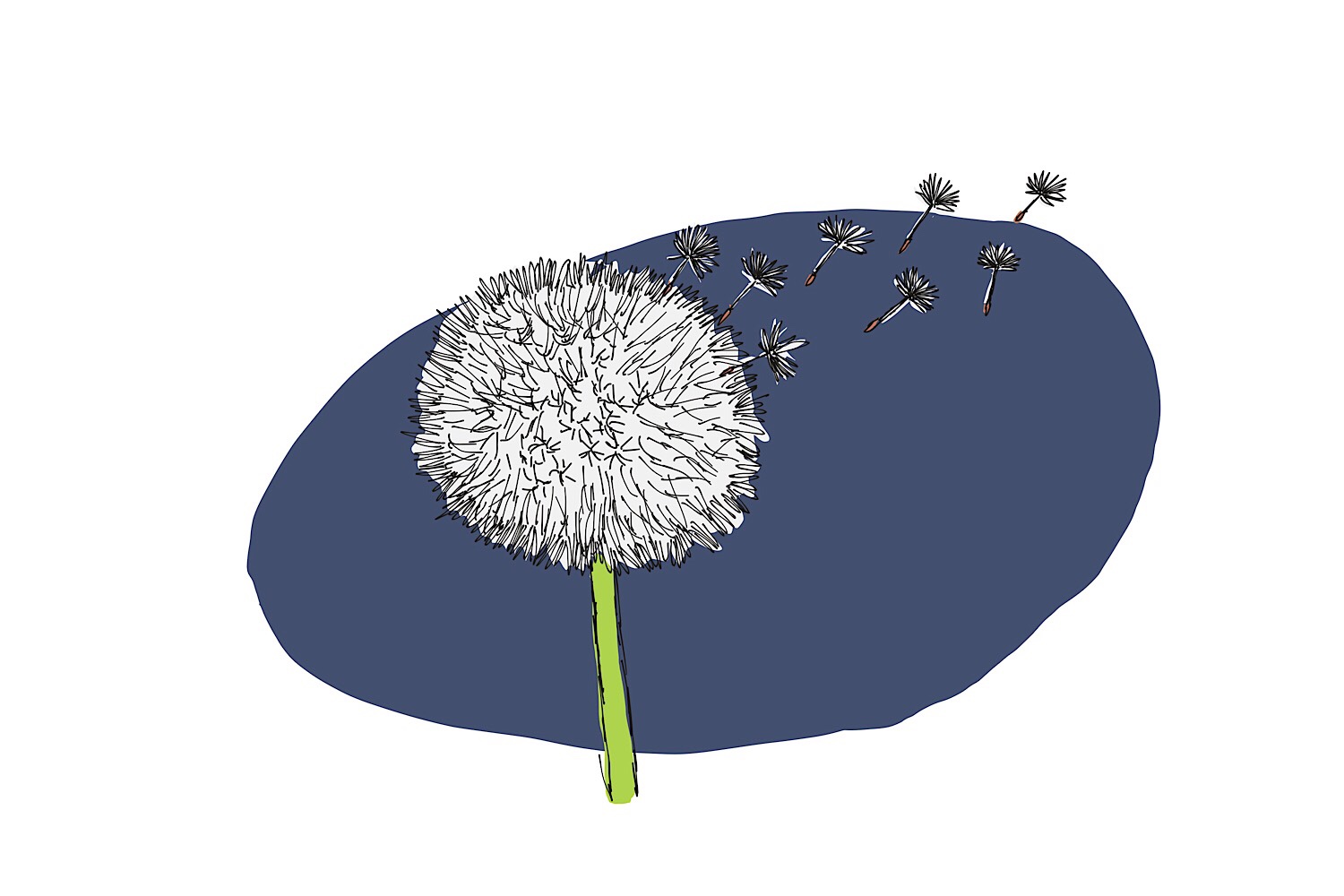
Superpowers and lion’s teeth
Last weekend, the Fast Forward Science competition held its Super Fast challenge – 24 hours to tell a story about science on Instagram… this year, with the topic of “Hero”. I didn’t have to look far in my neighbourhood to find a true hero of the plant world: dandelion.… Read more
-
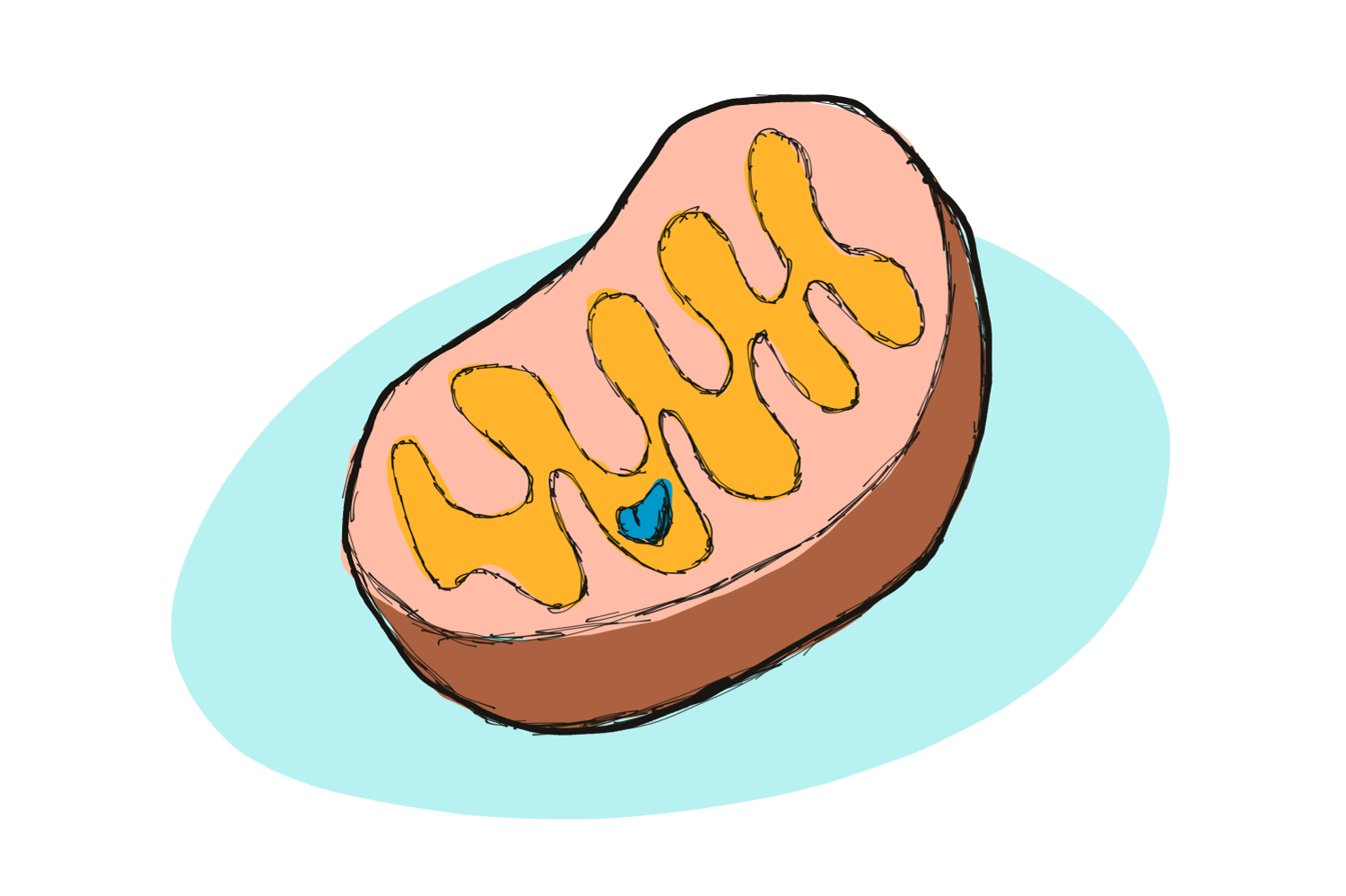
CTRL-C, CTRL-V: Plants plagiarize to make new mitochondrial proteins
You’ll probably remember this one from grade school biology. Mitochondria are ‘the powerhouse of the cell’. Which basically means that mitochondria take sugars and break them down to make energy.
But those little powerhouses were once so much more- they were an entire organisms. A very long time ago, a certain type of proteobacteria was engulfed by a single celled host organism, but that organism decided that instead of digesting the proteobacteria, it would hold onto it. With time, the proteobacteria evolved into the modern mitochondria, a process that involved most of its very own bacterial genome being stolen away, and sequestered in the nucleus of the host.… Read more